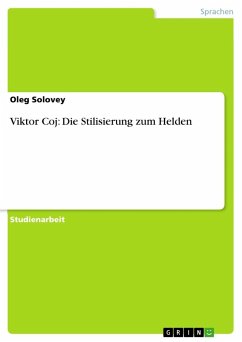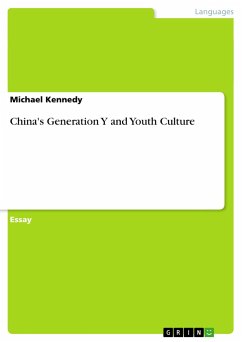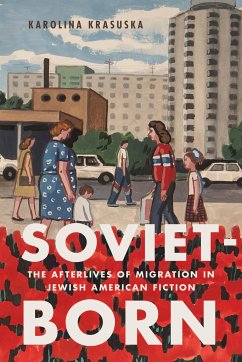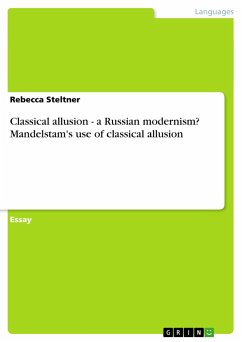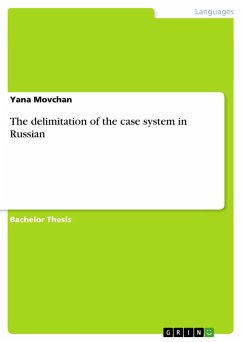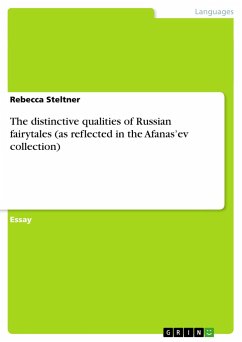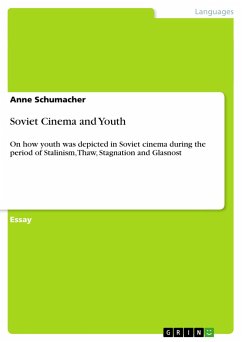
Soviet Cinema and Youth
On how youth was depicted in Soviet cinema during the period of Stalinism, Thaw, Stagnation and Glasnost

PAYBACK Punkte
0 °P sammeln!
Essay from the year 2013 in the subject Russian / Slavic Languages, grade: 1,3, University of Dalarna, language: English, abstract: The history of the Soviet Union has shown that the light heartedness, the insouciance and the naiveoptimism, which distinguishes children and adolescents from their parents and grandparents, candisappear easily in times of war and oppression.With the takeover of Josef Stalin in the late 1920s, the beginning of one of the darkest periods ofthe Soviet Union was announced. Stalin's totalitarian regime was marked by a rigidauthoritarianism and a widespread use of terr...
Essay from the year 2013 in the subject Russian / Slavic Languages, grade: 1,3, University of Dalarna, language: English, abstract: The history of the Soviet Union has shown that the light heartedness, the insouciance and the naiveoptimism, which distinguishes children and adolescents from their parents and grandparents, candisappear easily in times of war and oppression.With the takeover of Josef Stalin in the late 1920s, the beginning of one of the darkest periods ofthe Soviet Union was announced. Stalin's totalitarian regime was marked by a rigidauthoritarianism and a widespread use of terror in form of the so-called purges, which would notend until his death in March 1953.1 In addition to the Stalinist regime, Soviet Union suffered underthe consequences of the Eastern Front War (World War II), in which Soviet Union lost thousandsand thousands of men, and the ensuing Cold War. This more than twenty years of terror, purgesand war was a time in which children rarely had time to be children, and adolescents very seldomhad time for leisure and jauntily dreaming, in short to be young. Nor was it a time in which theirpersonal suffering, like the suffering of their parents and grandparents, appeared on screen.Nevertheless was youth represented in Stalinist movies, a lot of young people were showed ridingtractors and starred the popular Stalinist musicals. "Youth was the natural supporter of the newregime" and the older generations "could be treated with circumspection" (Gillenspie, 2003, p.164). Though it was never one person only the starred a Stalinist movie, the hero was the collectiveand individual miseries and fates never played a role in Stalinist cinema. Problems of the youthwere hushed up, like all other form of social malaise (Gillespie, 2003, p. 157). Pain and sufferingdid barely exist officially and were not represented in the movies of the Stalin era, which weremeant to serve as an instrument of the communist ideology. [...]






